Can Social Media Ruin Your Life?
November 18, 2017
It only takes a moment. You snap a picture, record a video, and it’s uploaded almost instantly for the whole world to see. Most of the time, no one cares about what they post. It only takes a few seconds to upload, and it is only going to be remembered for an instant… right? Or what about that Snapchat you sent to one person, the one that lasted only a couple of seconds? You don’t worry about it, because once it is opened it is gone forever… or so you thought.
The reality of our society is that anything we post online can be found. It does not matter if we think no one will ever see it again. Once it is posted, it is on public display for everyone to see – and you cannot do anything about it. That Snapchat you sent to a friend? They took a screen recording. That Instagram picture you ended up deleting? Someone took a screen shot before you took it down. What’s even worse, that person now has complete control over the content. It can go wherever they want it to go, whenever they wish to do so, and you are powerless to stop them.
It is inevitable that people will make poor decisions. It is what makes us human. Sometimes, we can forget these mistakes. That all changes, though, when social media is involved. As mentioned before, if it is online it is essentially permanent. Websites and social media sites have databases that their content is stored on. This can have terrible consequences, especially if the mistake was one regarding the law. If a teen records him or herself breaking the law, that content can be used by the police to incriminate them.
Many teens are unaware of just how bad this can get. If a teen gets pressured into sending nudes to a boyfriend, girlfriend, or crush, that receiver now has unlimited power over where the picture(s) can go. Moreover, possession and distribution of nudes of a minor (anyone under the age of 18) is classified as possession and distribution of child pornography, which is another felony.
To continue, if a teen decides they want to take drugs, there is a large chance that they will become mentally impaired while under the influence of said substance. When drugs are used, you are in an alternate state of mind. Someone under the influence may decide it is a good idea to take off all their clothes and run into a crowd, while their normal self would be appalled at such an idea. Later, that same person might just see that ten people took a video of that run and now they are viral on the internet with upwards of a million views. What is worse is that they may have even taken a video themselves because their mental capacity was hindered and their ability to make decent decisions was completely gone.
It may take some time for the media buzz to die down, or it might never die down. Again, content on the internet is able to be re-posted and thus come alive again. New people will see it and it will continue to circulate.
You may think to yourself, “I am a good kid who would never post anything illegal online!” While you may not post anything illegal online, you may still be posting content that could hurt your reputation. Here’s why: the images, videos, and words you post online shape how you look in the real world. It is possible that the joke you found funny and re-blogged was a joke that hurt someone else. That offensive meme you tweeted might cause people to look at you differently. You might have even just claimed something to be factual online and were later disproven in the real world, and now that mistake is forever immortalized on a screen. Not only that, but that person looking at your posts may just be your future employer. If you claim on a job application that you are a kind team-player but your Facebook says the opposite, then you might not get that job you wanted. Employers these days will often look online to gauge what kind of person their potential employee is.
The content might not even be inappropriate or harmful. That does not always mean it is not embarrassing. Take this experience, for example: 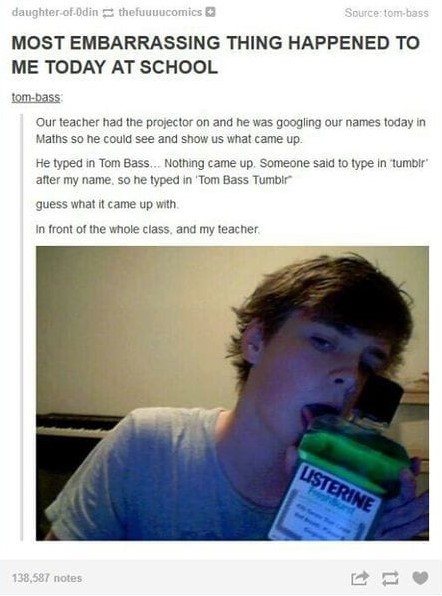 Now here he is, years later, being talked about so that others might not make the same choice.
Now here he is, years later, being talked about so that others might not make the same choice.
The list of consequences is quite extensive. For example, if you geo-tag your pictures (add your location), display a school name, show a familiar landmark, or something similar, it is very possible and easy for someone to find you based on that information.
We live in a society that tries to track our every movement, all of our experiences, and each aspect of our lives. We live in a digital age where life’s moments have a much longer shelf life. It has become the norm to post about your day, your lunch, your interests, etc. Depending on what you post, you can either elevate yourself or bring your reputation down. All it takes is one click to shatter the image you have created for yourself. Words (and images) have far greater impacts on people’s lives than most realize. Think before you click.
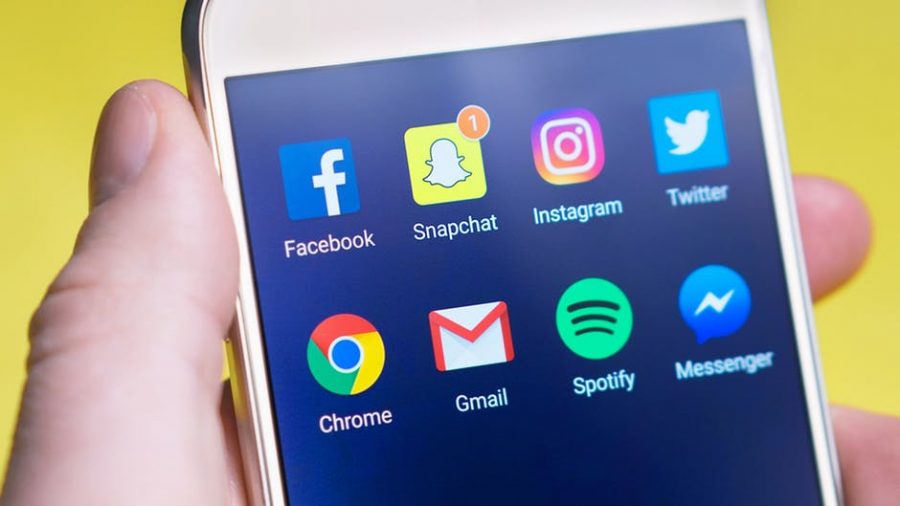




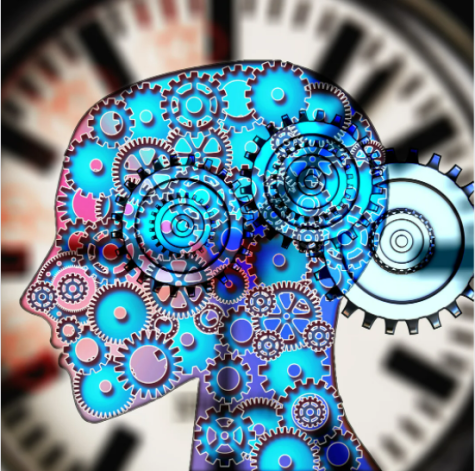
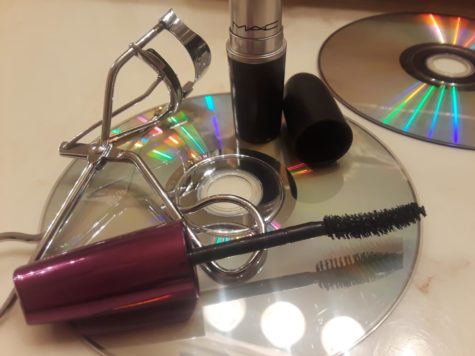




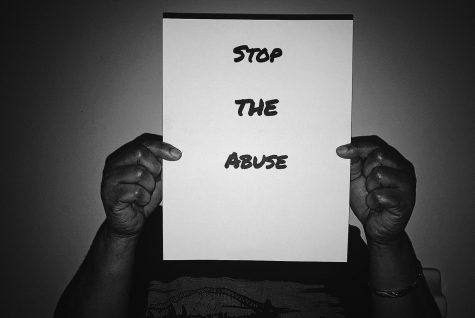
Monica • Feb 6, 2018 at 5:34 AM
THIS IS A VERY INFORMATIVE ARTICLE.
THANK YOU!
MONICA
PARENT AT SOMERSET
Stephanie • Dec 11, 2017 at 1:20 PM
I liked this article, is really good and important to know.